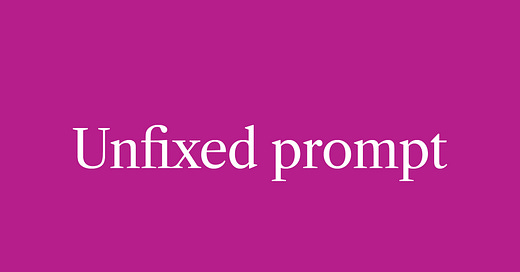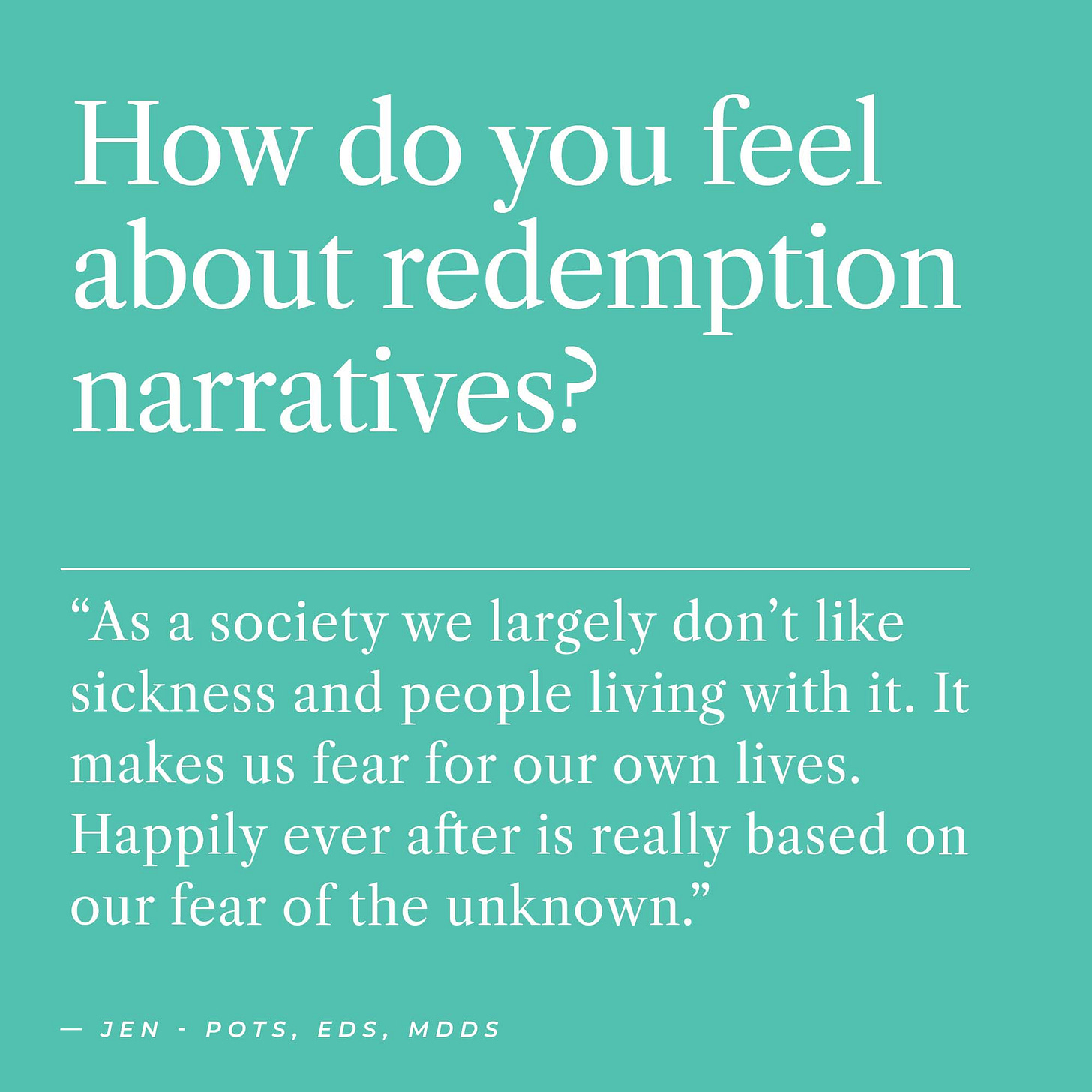Our culture’s media often leans heavily toward “happily ever after” and redemption narratives. On a high note, these stories make us feel good and offer hopeful outcomes as we navigate the challenges of life. But they may also evoke feelings of shame, isolation and disappointment when our own path looks less triumphant and the summit is always out of reach.
I’d love to hear your thoughts on this topic. Pick a question below or riff on the topic in your own unique way.
Do you relate to redemption narratives? If so, why? And if not, explain how these stories impact you?
Has there been a time in your life when “happily ever after” was important for you to hear? Or do you recall a time when “happily ever after” stung?
Why do you think it’s hard for our culture to promote narratives where triumph and suffering co-exist?
Would you like to read the Unfixed memoir chronologically? Or have you missed previous chapters? You can access them all for free with the link below:






Such a compelling thought. I remember my first times as a teen seeing French, Swedish and Italian films. I felt jarred and even a bit deceived when the story arcs weren’t wrapped up at the end in happy Hollywood bows. The Europeans demanded more reflection. I didn’t like it. I wanted my dopamine kick! After decades of living, Hollywood endings seem rote and simplistic. I admire complexity, subtlety and messiness. But I never considered till now that happy endings send messages of shame. 😔
My answer: both and this because your quote is so on point: The fear of grief tales strikes me as a weakness as if we, especially in Western culture don't seem able to discuss the power, the importance of grief and of being there for those who are lost, have lost someone, need us more than ever.